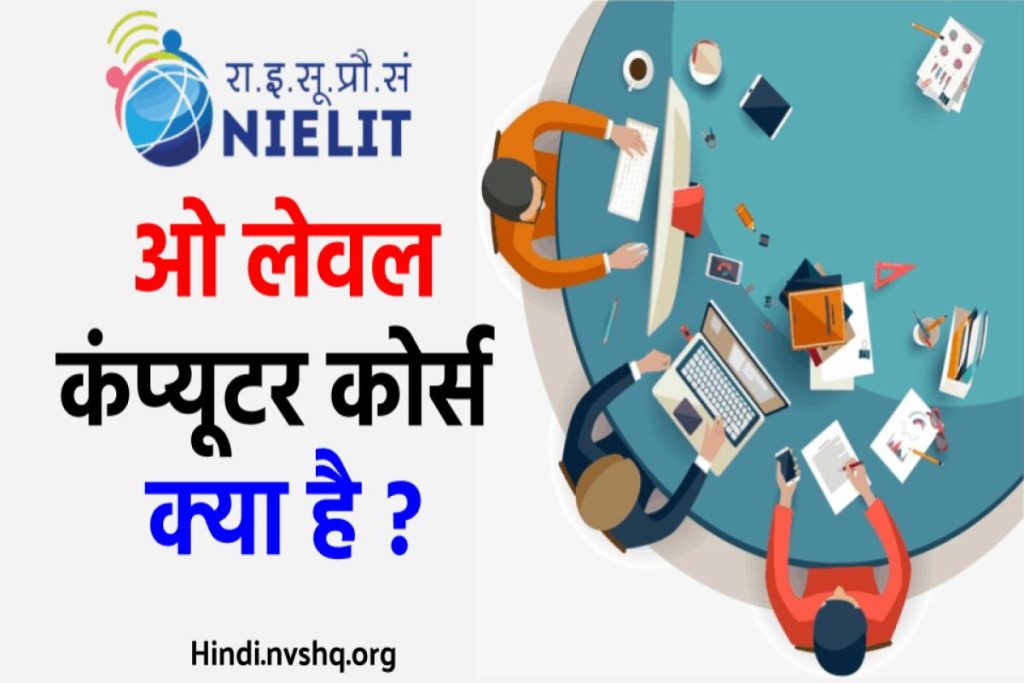O Level

Course Desscription
The **O Level** course, also known as the **Ordinary Level**, is an internationally recognized qualification equivalent to the 10th grade in many countries. It is part of the Cambridge Assessment International Education system and is designed for students typically aged 14 to 16. The O Level qualification provides a foundation for further education, such as A Levels or vocational training.
### Key Components of O Level Courses
#### 1. **Subjects Offered**
O Level courses usually include a range of subjects that students can choose from, depending on their interests and career aspirations. Common subjects include:
- **Languages**: English, Urdu, French, Spanish, etc.
- **Mathematics**: Mathematics and Additional Mathematics.
- **Sciences**: Physics, Chemistry, Biology, Combined Science.
- **Humanities**: History, Geography, Economics, Sociology.
- **Computer Science**: Computer Studies or Information Technology.
- **Business Studies**: Principles of Business, Accounting, etc.
- **Arts**: Art and Design, Music, etc.
#### 2. **Course Structure**
- **Duration**: O Level courses typically last for two years, culminating in examinations at the end of the second year.
- **Assessment**: Students are assessed through written examinations, which may include practical assessments for science subjects.
- **Grading**: The grading system usually ranges from A* (highest) to E (minimum passing grade), with U indicating ungraded.
#### 3. **Teaching Methodology**
- **Classroom Instruction**: Focus on interactive and engaging teaching methods to foster understanding and critical thinking.
- **Practical Work**: For science and computer subjects, practical sessions are included to apply theoretical knowledge.
- **Project Work**: Some subjects may require students to complete projects or coursework as part of their assessment.
#### 4. **Preparation for Exams**
- **Revision Techniques**: Students are encouraged to develop effective study habits and revision techniques.
- **Mock Exams**: Schools often conduct mock exams to prepare students for the actual examination conditions.
#### 5. **Career Pathways**
- **Further Education**: Upon successful completion, students can progress to A Levels, vocational courses, or other higher education qualifications.
- **Career Opportunities**: The O Level qualification opens doors to various career paths, depending on the subjects chosen.
### Institutions Offering O Level Courses
- **International Schools**: Many international schools offer O Level programs as part of their curriculum.
- **Private Coaching Centers**: Numerous coaching centers provide O Level preparation courses, often tailored to help students excel in specific subjects.
- **Online Platforms**: Some online platforms and educational organizations offer O Level courses and resources for self-paced learning.
### Conclusion
The O Level course is a significant stepping stone for students, providing them with a solid foundation for future academic pursuits and career options. It emphasizes critical thinking, problem-solving, and practical skills that are essential for success in higher education and beyond.
If you have specific questions about subjects, examination patterns, or institutions offering O Level courses, feel free to ask!